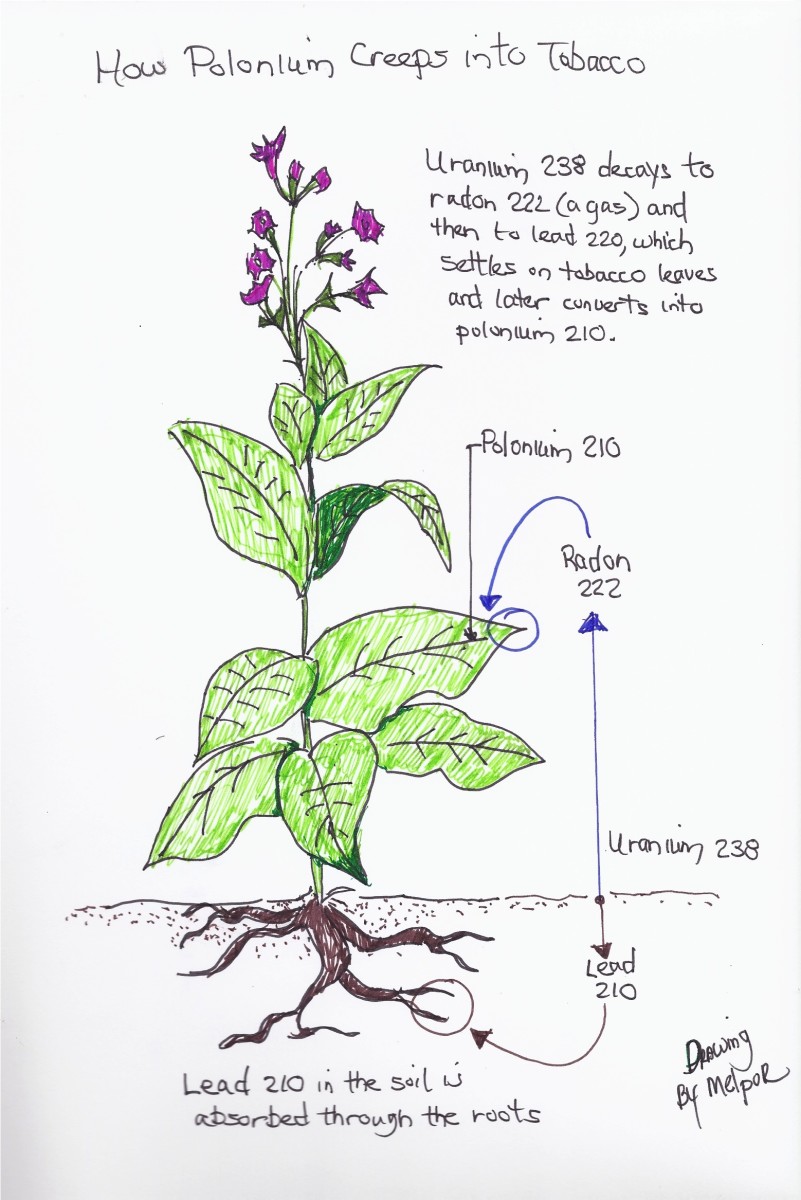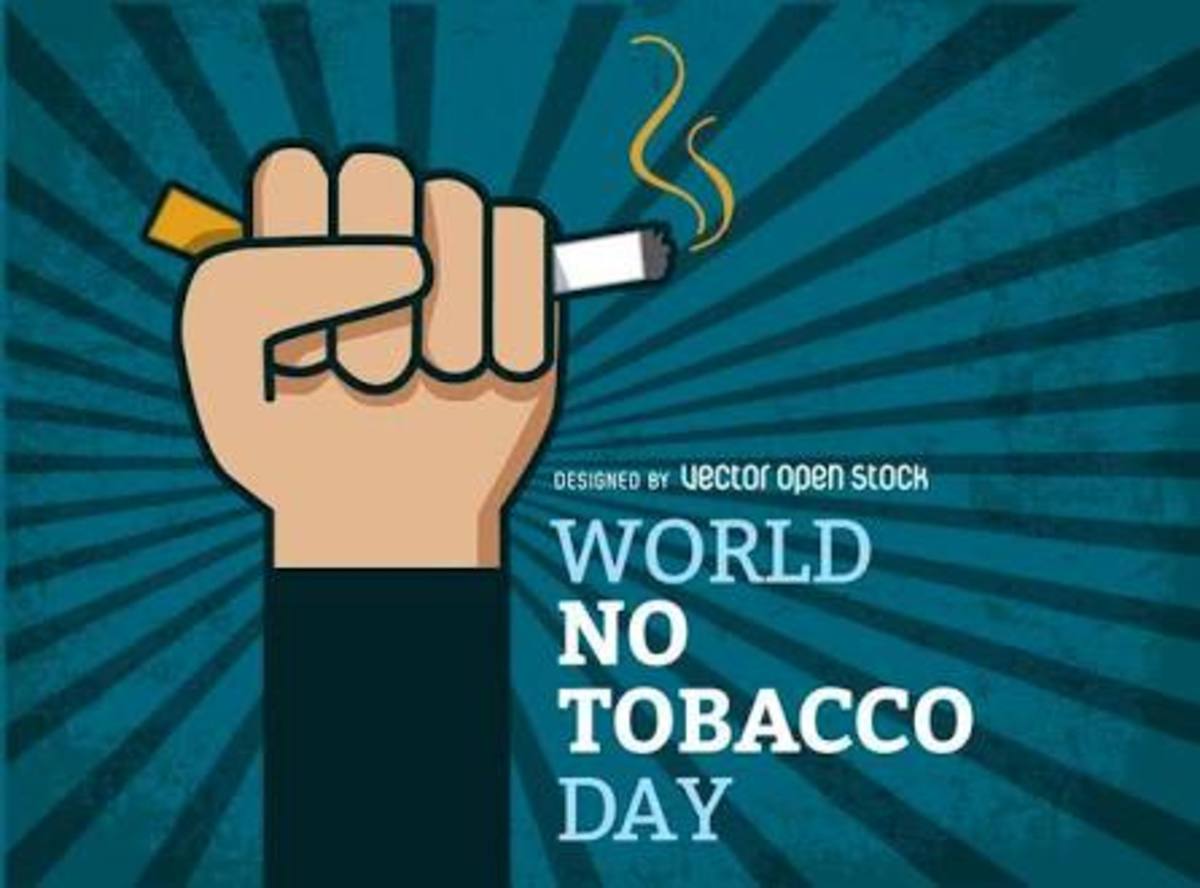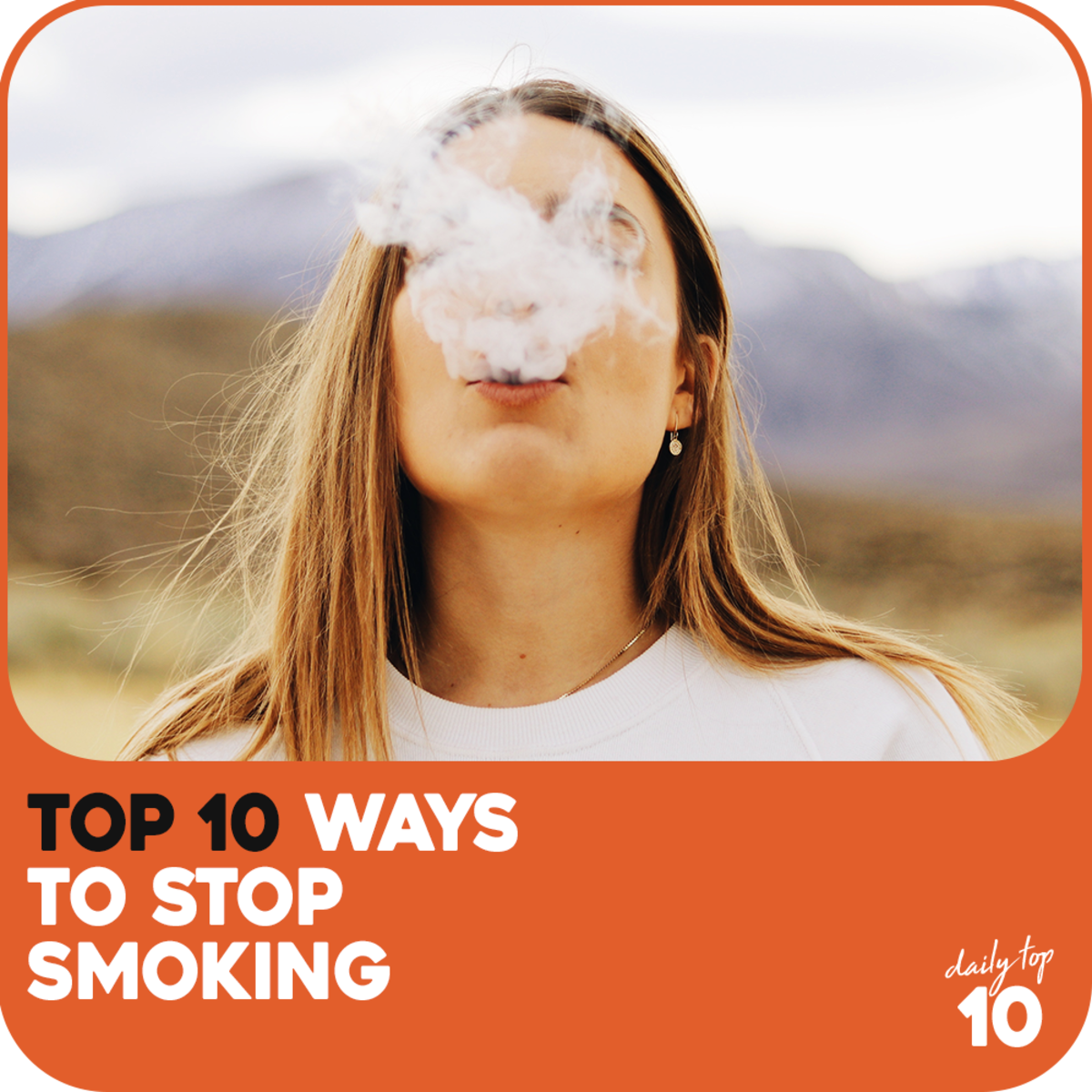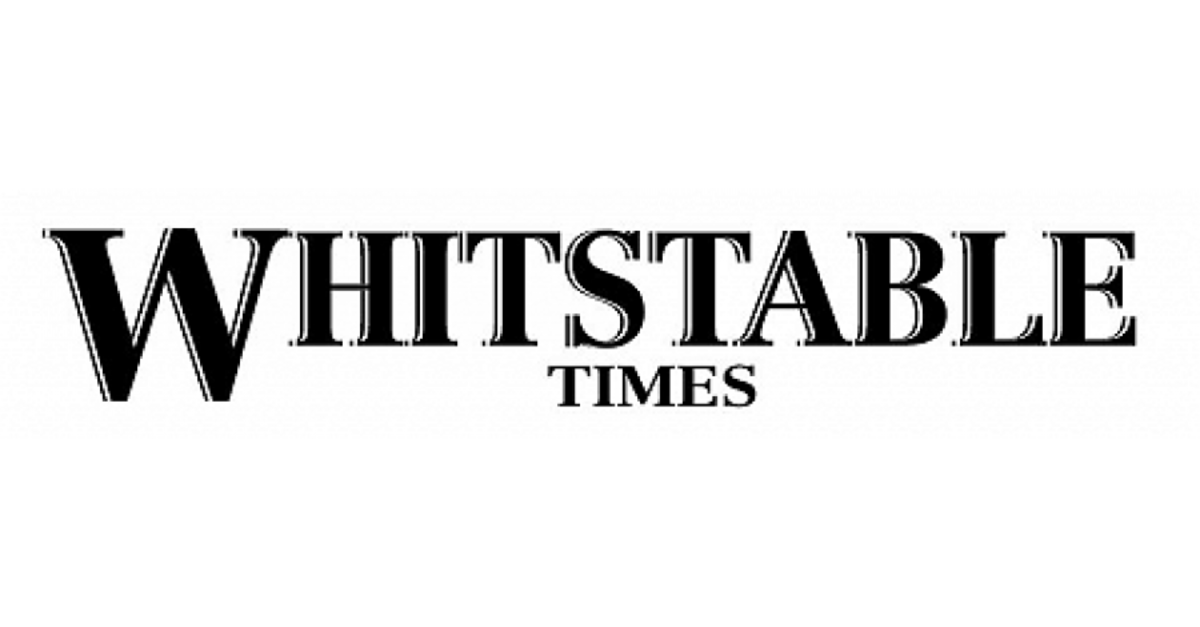The Tobacco Industry’s tactics against the Anti Tobacco Movement
The anti tobacco sentiment has gained much momentum over the years, with public health policy and legislation implementing increasingly stricter tobacco control measures in a bid to make tobacco use less attractive and less accessible, particularly amongst youth as the majority of smokers begin smoking before adulthood.
In the United States, the Food Drug Administration Tobacco Regulation Bill gives the US government the power to dictate product ingredients, overrule new products, influence labelling on packages (eliminate misleading labels such as mild or light and to increase the size of warning labels) and it is mandatory to report all forms of tobacco promotion.
In Australia, all cigarette packets must disclose the toxic ingredients in cigarettes, the health effects of smoking, where to go for advice on quitting and include a graphic health warning, such as an image of a foot with gangrene. Other tobacco measures include the banning of tobacco advertising on TV, radio, newspapers and magazines; banning of smoking in public areas such as pubs, beaches and playgrounds; banning the selling and supplying of tobacco products to those under 18 years of age; banning the selling of confectionary and toys that resemble cigarettes; and prohibition of tobacco sponsorship at sports, arts or horse racing events.
Why the Anti Tobacco Stance?
Tobacco use kills half of all lifetime users with half of those deaths occurring prematurely in middle age (35 – 69 years of age). Of everyone alive today, 500 million people will eventually die because of tobacco use. It kills more than AIDS, legal and illegal drugs, road accidents, murder and suicide combined; it is the most dangerous consumer product; and it is highly addictive due to the nicotine content. It is also a danger to those who breathe in the smoke from other smokers – every credible medical and scientific body in the world agrees that second hand smoke/passive smoking causes illness and death in non-smokers. The link between smoking and lung cancer is the strongest link to date between any behaviour and major cause of death. Smoking is also attributed to cancers of the bladder, pancreas, kidney and stomach. There is no safe cigarette and no safe level of cigarette consumption – just three cigarettes a day is enough to trigger potentially fatal heart disease.
There are also economic costs to governments, employers and the environment, including social welfare and health care costs, absenteeism, decreased productivity, deforestation and smokers’ litter. The economic cost to the smoker includes loss of income through illness and higher health insurance premiums.
The Tobacco Industry Fights Back
Despite the strength of anti tobacco measures, the tobacco industry still manages to find ways to promote and sell their products. It appears that the more restrictions there are on the tobacco industry, the more calculating they become. Strategies used by the tobacco industry to undermine activities in tobacco control include:
Undermining scientific and epidemiological evidence to create doubt on the health effects of tobacco use
“With smoking, the many laboratory investigations over the years have proved more problematic, and science has not to date been able to identify biological mechanisms which can explain with certainty the statistical findings linking smoking and certain diseases, nor has science to date been able to clarify the role of particular smoke constituents in these disease processes. This means that science is still to determine which smokers will get a smoking related disease and which will not. Nor can science tell whether any individual became ill solely because they smoked.” British American Tobacco
To discredit the science that second hand smoke is associated with lung cancer, the industry hired consultants to propose that ventilation can accommodate both smokers and non-smokers in public places and therefore a complete smoking ban was unnecessary and Philip Morris utilised the Centre for Indoor Air Research, an industry-funded research group, to add ambiguity to the scientific findings.
The industry has a history of funding scientists, academics and research consultants to create the impression of respectability by associating with individuals and institutions of learning. There is also evidence that tobacco supported research activities manipulates and suppresses scientific findings that are potentially damaging to the industry and its research is utilised incorrectly by non-scientists to suit the industry’s agendas and to enhance their commercial interests. In Australia, there is a growing trend amongst universities to reject tobacco funding and some universities have gone a step further by implementing policies that preclude tobacco funding.
During most of the 20th century, the tobacco industry vehemently denied that tobacco was harmful despite compelling scientific and epidemiological evidence to the contrary. It has publicly argued that nicotine was not addictive, the link between smoking and cancer was not proven and it had not recruited young people to smoke. The public release of confidential internal documents during the litigation of six leading US tobacco companies compelled the tobacco industry to concede that there is significant health risks associated with smoking. The documents reveal attempts made by the industry to manipulate and debate scientific research, influence legislation and tobacco control policy and target women (especially in Asia) and young smokers.
Creating alliances, artificial local ‘grassroots’ groups and front groups to influence legislation and as part of public relations campaigns.
The tobacco industry has many business allies and third parties, notably in the hospitality, gambling and gaming, advertising, packaging and retailing industries, who help block or interfere with tobacco control legislation and programs by appearing on news media and legislative hearings. For example, the industry created a local grass root group, the Beverley Hills Restaurant Association, which made unfounded but repeated claims that the introduction of second hand smoking regulations would lead to a decrease in business by 30%. Such schemes are merely a public relations strategy aimed at manipulating scientific evidence and serves to bolster the corporate interests of the industry’s clients and thus the interests of the tobacco industry.
Corporate Social Responsibility
According to the 2010 Global Reputation Pulse Independent Survey (interviewed 80,000+ consumers in 32 countries), the tobacco industry was rated as the least reputable amongst the world’s 25 major industry categories. Hence, adopting socially responsible policies and getting involved in philanthropy are just some ways that the tobacco industry seeks to restore its damaged reputation, buy political goodwill, improve employee morale and to maintain and increase the value of company shares.
British American Tobacco Australia publicly disclosed that it had sponsored charities including Mission Australia, Conservation Volunteers Australia, Lifeline and The Surf Life Saver Rescue Helicopter as part of its staff workplace giving programs. When the Action on Smoking and Health Australia (ASH), an anti-smoking lobbying group, made an enquiry to those charities about accepting funds from the tobacco industry, their response was that it was a grey area and that they could not reject individual donations from employees of tobacco companies. However, there are companies that oppose any association with tobacco companies. When Phillip Morris and British American Tobacco were on the agenda at an ethical corporate conference in Hong Kong, a letter campaign and opposition from the speakers of the event resulted in their removal from the agenda.
Reporting and publicising achievements made in the area of corporate social responsibility is another means used by the tobacco industry to improve its tainted corporate image. British American Tobacco publicises that fact that it received a platinum rating in the 2009 UK Business in the Community Corporate Responsibility has been included in the Dow Jones Sustainability World Index (DJSI World) and the Dow Jones Sustainability Europe Index (DJSI Europe) for the ninth year running. The acknowledgement of a tobacco company is perhaps a controversial area.
Lobbying and Involvement in Politics
The tobacco industry is an important financial contributor to political campaigns, influential individuals and political parties through third parties. They use their donations to make deals and to influence political processes to further their interests.
Education
Paradoxically, tobacco companies run anti-smoking campaigns for schools, media and parents, such as Lorillard’s Youth Smoking Prevention Campaign, which features the slogan, “Real Parents, Real Answers.” These programs are welcomed by schools as they accompanied by incentives such as funds for school equipment, but have been criticised as they lack emotionally engaging and graphic information about the health risks, fail to address the marketing strategies used to persuade cigarette use and portray smoking as an adult choice. Evaluations of the tobacco industry’s anti-smoking programs show that there are no benefits for youth. Furthermore, these programs have little to do with dissuading youth from smoking and more to do with promoting themselves as good corporate citizens, developing public and political goodwill, curtailing anti tobacco regulations, marginalising public health advocates, keeping educators and parents on side and influencing policy makers.
Legal and Economic Threats
Tobacco companies are notorious for using legal threats to harass and intimidate governments, tobacco control professionals and advocates; and delaying, weakening and undermining the law. In Australia in early 2010, several tobacco companies launched attacks against mandatory plain packaging of tobacco. Philips Morris launched a single purpose website stating that plain packaging is an infringement on intellectual property rights and violation of trademark rights under international agreements; Imperial Tobacco threatened to take legal action in order to protect its brand and intellectual property; British American Tobacco Australia lodged an appeal in the Federal Court of Australia after the Federal Government refused to release a key document (which demonstrates that plain packaging laws are flawed and could result in tax payers paying billions of dollars due to trade mark removal) through the Freedom of Information process.
The industry also uses economic arguments to further its corporate interests. It argues that tobacco control policies, such as restrictions on second hand smoke, will result in job losses and a decline in business in industries such as hospitality. Health economists in Australia have refuted such claims as they estimate that health and social costs from tobacco use outweigh the economic contributions of the industry.
Employment and Recruitment Strategies
The sustainability of the industry is very much dependent on the recruitment of talented individuals. As part of their recruitment drive and not without protest, tobacco companies make appearances at university career fairs, run special career events and pay for newspaper employment supplements. When the Managing Director of British American Tobacco Australia was asked what sort of people join the industry, his response was people who thrive on challenges and people who want to work in a funky and edgy business. According to an employee of Imperial Tobacco, one of the best things about working for the company is the need to come up with new and innovative ways of marketing the product due to the highly restrictive environment.
On the Whirlpool Forum, a poster wanted an opinion on whether to work for Harvey Norman (retail chain) or British American Tobacco Australia (BATA). The responses were mixed towards the tobacco company, some of which are outlined below. The consensus is that BAT treat their staff well and provide career advancement opportunities, good working conditions and generous remuneration – all of which are appealing traits of any potential employer and highlight just how profitable the industry is. Others said they wouldn't work for the company based on ethical grounds.
“BAT’s IT department is dynamic, interesting, with substantial budget, good career options and relevant technology. Also options for working in the Pacific region or transferring globally within the BAT group.”
“Personally, I wouldn’t work for a tobacco company on principle, but that’s just me.”
“It becomes a moral issue.”
“I worked at BAT in London for 2 years. They are a great company to work for and always use cutting edge tech. They have the money! However, it's mostly a moral choice. I had the chance to work for them here (Australia) but turned it down. When I worked in London, it was one of my first roles. I didn't have much experience so it made sense to work there. Now I wouldn't want to. Nothing against the people, just the business itself.”
Advertising
Despite advertising restrictions, the tobacco industry has managed to exploit loopholes in order to promote their product. Tobacco companies have capitalised on the internet, which is largely unregulated, by joining Facebook (joining and administering groups, joining pages as fans, posting photos of events, products and promotional items), Twitter and MySpace to promote their products. Counter strategies by anti tobacco advocates include the University of Sydney’s Facebook site called Monitoring Tobacco Advertising Promotion and Sponsorship 2.0, which gives people the opportunity to expose any tobacco company that advertises their product online.
Young people are still exposed to exposed to cigarette advertising through films, DVDs and computer games; the film industry still glamorises smoking and in computer games, such as SIMS, gamers can create their own smoking character. Counter strategies by health groups include screening anti-smoking ads prior to films depicting smoking.
The mandatory health warnings on cigarette packaging has resulted in tobacco companies using more creative means to promote their products by using any space left on the packaging to advertise slogans and catchphrases such as ‘sun ripened tobacco – more taste’, creating limited edition packs, bulk promotion and using appealing colours on packaging.
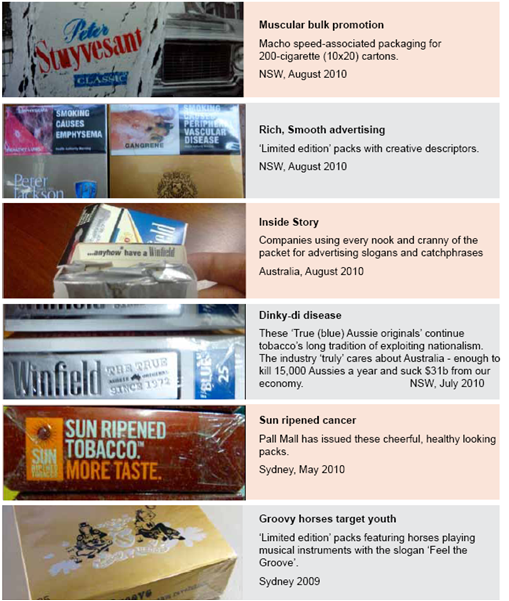
While the tobacco industry perceives itself or wants others to perceive them as legitimate stakeholders in tobacco control, the World Health Organisation is of the view that they are not effective partners for tobacco control due to conflicting interests. Given the profitably of the industry, it remains difficult to shake off tobacco companies in any anti tobacco attempts – in this case money is power.
Sources
Myths and Misconceptions, Cancer Council Australia
The Tobacco Industry – A History of Denials, Cancer Council NSW
Countering Tobacco Tactics, Action on Smoking and Health
Tobacco industry interference with tobacco control, World Health Organisation
Tobacco Free Initiative, World Health Organisation
Brief History of Cigarette Advertising, Time
Facebook users asked to dob in tobacco firms, ABC News

